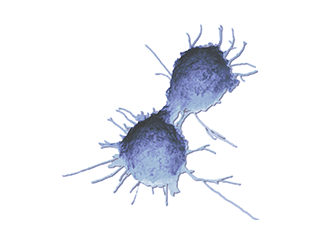The sequencing of tumor and normal tissue from cancer patients is transforming our understanding of therapeutic approaches to oncology. The complexity of cancer mandates an integrated approach to somatic mutation identification and transcriptome analysis that can scale the growing knowledge base being accumulated.
Targeted therapies effective in patients with certain oncogene or tumor suppressor mutations are improving patient survivability. This transition foresees an era when genome sequencing will be an integral part of oncology practice. Since each patient tumor is unique and continuously evolves to adapt to treatment, sequencing the whole-genome and transcriptome the patient’s tumor and normal tissues will be necessary for optimal interpretation. The identification of somatic mutations needs not be limited to point mutations, but also to insertions and deletions, amplification, larger structural variation and translocations. For cancer diagnostics, the major goals are to identify medically relevant and actionable disease-associated mutations such as single nucleotide polymorphisms (SNPs), copy number variants (CNVs) and chromosomal aberrations, as well as produce an accurate picture of an individual’s genome structure under normal and disease conditions.
Tumor/Normal Analysis
RTG's Bayesian inference technology allows the joint analysis of tumor/normal pairs while taking into account the tumor cellularity - inferred from the sequence data itself - as a tool of delivering greater sensitivity and specificity. Additional samples from a single patient, for example from subsequent metastasis biopsies, can be integrated into the joint analysis, providing the means to identify novel resistance mutations appearing in later stages, and enabling the understanding of tumor progression.Tumor Progression Studies
Integrated Cancer “omics” analysis
Transcript structure and expression should reflect and support finings at the genome level and vice versa, e.g. putative transcript fusion events should be reflected in the genome for the most part, increasing their confidence and reducing false positives that complicate analysis. The RTG Bayesian platform permits the joint analysis of RNAseq data from the tumor to identify expressed mutations increasing confidence to genomic evidence, and allowing to detect allele-specific expression and splicing alterations that, in combination with transcript expression profiling, can evidence tumor subtypes and therapeutic vulnerabilities.
